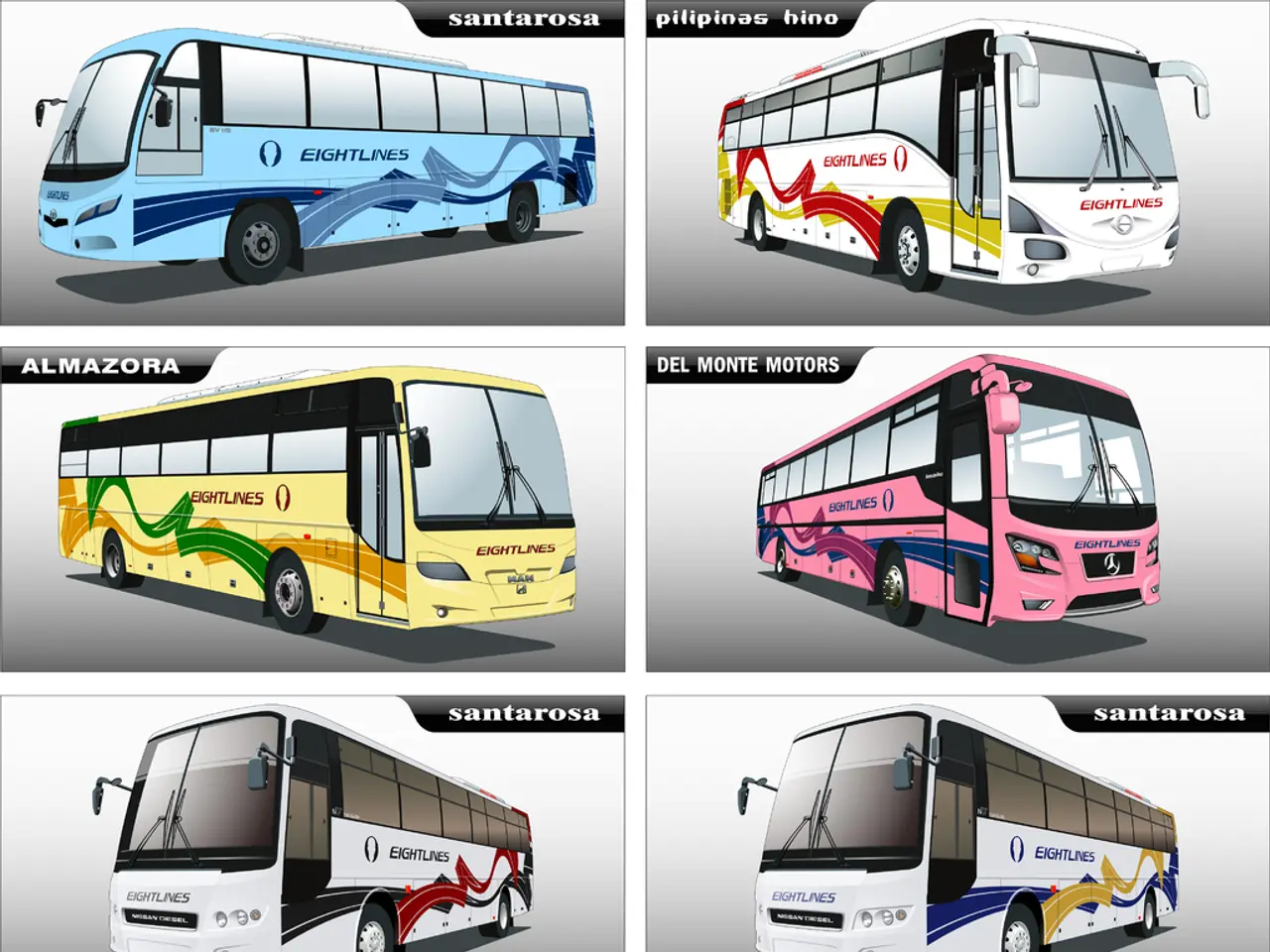Ride-sharing giants Bolt and Uber implicated in "ghost firm" deception
In an alarming discovery, an investigation conducted by rbb has revealed that at least 10 companies, operating through platforms like Uber, Bolt, and FreeNow, are working illegally. These companies, dubbed as "ghost companies," are operating without meeting the legal requirements for offices, break rooms, and parking spaces, and some are even suspected of evading taxes.
The investigation found that these companies are operating without a physical address, a practice that makes them "ghost companies." This lack of a real address means these companies have no office, break room, or parking spaces for vehicles, all of which are legally required. The individual who led the reporter to one of these "ghost companies" warned him not to name him, fearing repercussions such as setting fire to his office.
The practice of "ghost companies" operating illegally on ride-hailing platforms is not directly documented in the search results. However, related illegal or unethical practices within the ride-hailing sector—such as regulatory evasion, driver misclassification, and labor exploitation—are well reported and have significant implications for governments and consumers.
Uber’s classification of drivers as independent contractors rather than employees has been contested legally, allowing the company to withhold worker protections and reduce labor costs. This practice has been seen as exploitative and harmful to driver livelihoods. These kinds of practices have led to the destabilization of traditional taxi industries, worsening conditions for drivers, and have raised broader social and economic concerns, including driver wellbeing and safety.
For governments, such regulatory evasions and the potential presence of illegal operators complicate tax collection, enforcement of labor laws, and public safety oversight. Consumers may face risks such as unlicensed or unregulated drivers, which can impact safety and service quality.
The implications for governments include the need for stricter regulatory frameworks and enforcement mechanisms to protect labor rights, ensure passenger safety, and secure tax revenues. For consumers, transparency and verification of driver legitimacy remain critical issues.
Transport policy spokesperson Tino Schopf (SPD) has accused these companies of engaging in organized crime. Furthermore, many of these companies are found to be paying minimal or no accident insurance. As the investigation continues, it is crucial for authorities to take action to address these illegal activities and ensure the safety and fairness of the ride-hailing industry.
[1] Bernhard, T., & Schmidt, F. (2019). The Uber Effect: How Ride-Hailing Platforms are Disrupting the Taxi Industry and Challenging Regulatory Frameworks. Springer.
[2] Kagan, S., & Levin, J. (2018). The Gig is Up: The Perilous Precarity of the New On-Demand Economy. Harvard Law Review, 131(5), 1095-1169.
In the light of the alarming investigation, it is conceivable that some businesses in the ride-hailing sector, like Uber, Bolt, and FreeNow, are utilizing underhand tactics to evade taxes and comply with legal requirements, such as having offices, break rooms, and parking spaces. The absence of a physical address for these companies, known as "ghost companies," suggests an evasion of taxes and regulations that are essential for business operations.




